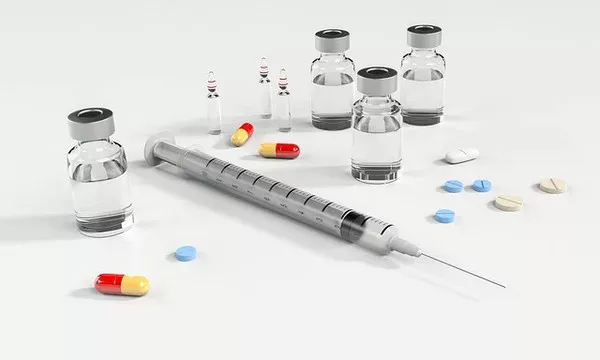Enhanced Benefits of Drug Combination
SGLT2 inhibitors, known for lowering blood sugar by preventing the kidneys from reabsorbing glucose, have shown additional benefits in reducing risks of heart attack, stroke, and kidney disease in individuals both with and without type 2 diabetes. Similarly, GLP-1 drugs, including Ozempic and Wegovy, have been recognized for their positive effects on cardiovascular disease, heart failure, and chronic kidney disease.
In a comprehensive meta-analysis involving over 70,000 patients with diabetes, researchers discovered that the combination of these two drug classes yields more significant health benefits than when used individually. Brendon Neuen, PhD, a Clinical Associate Professor of Medicine at Royal North Shore Hospital in Sydney and co-author of the study, stated, “We found clear and additional benefits of SGLT2 inhibitors when used in combination with GLP-1 receptor agonists, improving outcomes for cardiovascular disease and kidney disease progression without increased side effects.”
Research Findings
The meta-analysis included data from 12 randomized, double-blind, placebo-controlled trials, covering more than 70,000 diabetic patients. About 4.2% of these patients were prescribed both an SGLT2 inhibitor and a GLP-1 drug. The study examined the impact of these medications on major cardiovascular events, hospitalizations due to heart failure, cardiovascular deaths, and chronic kidney disease progression.
Results indicated that SGLT2 inhibitors alone reduced the risk of heart attack and stroke by 11%, and hospitalization for heart failure or cardiovascular death by 23%. The risk of kidney disease progression dropped by 33%. When combined with a GLP-1 drug, the benefits were further amplified, with an additional 10% reduction in major cardiovascular events and a 2% reduction in both cardiovascular disease-related hospitalizations and kidney disease progression.
Robert A. Gabbay, MD, PhD, Chief Scientific and Medical Officer for the American Diabetes Association, praised the study, noting, “This adds to the growing body of evidence showing the benefit of these two important classes of medicines and that their benefits can be additive.”
Implications for Diabetes Management
The findings are expected to influence guidelines for treating patients with type 2 diabetes and related comorbidities. The FDA first approved the SGLT2 inhibitor Invokana (canagliflozin) in 2013, while GLP-1 drugs have been available for nearly two decades. The study’s outcomes highlight the potential of these drugs to prevent kidney failure and heart failure even in patients without diabetes.
Mona Mashayekhi, MD, PhD, an Assistant Professor of Medicine in Diabetes, Endocrinology, and Metabolism at Vanderbilt University Medical Center, emphasized the importance of understanding patient-specific benefits. “In the new era of diabetes management, the goal is to identify which patients could benefit most from specific treatments or treatment combinations,” she said.
See also: Addressing the Diabetes Epidemic: Calls for Policy Change Grow Stronger in Australia
Conclusion
The meta-analysis underscores the substantial benefits of combining SGLT2 inhibitors with GLP-1 drugs in reducing cardiovascular events, hospitalizations, and kidney disease progression in diabetic patients. This combination therapy offers promising potential for managing diabetes and related comorbidities more effectively.
Experts believe that these findings will aid healthcare professionals in optimizing treatment strategies for patients at risk of or already suffering from conditions like kidney disease and heart failure. The study marks a significant step forward in diabetes management and the broader application of these medications for cardiovascular and kidney health.
Related topics:
Predicting Treatment Response in Young Type 2 Diabetes Patients: The Role of Circulating microRNAs
Study Links Gut Bacteria and Viruses to Increased Type 2 Diabetes Risk


























